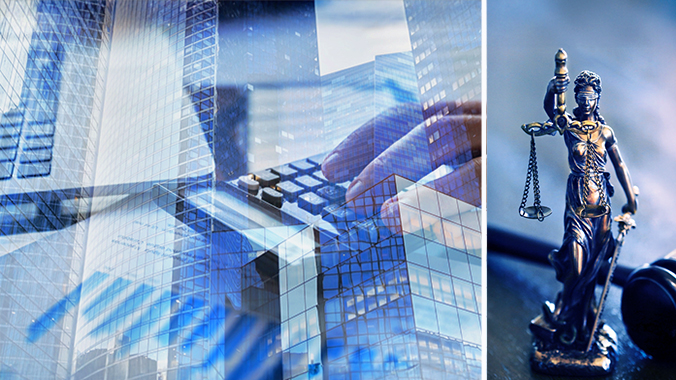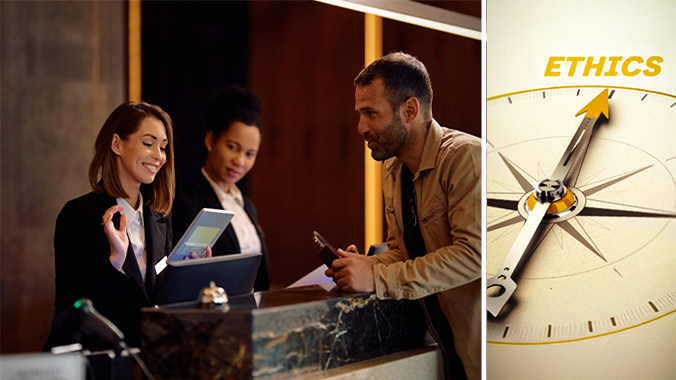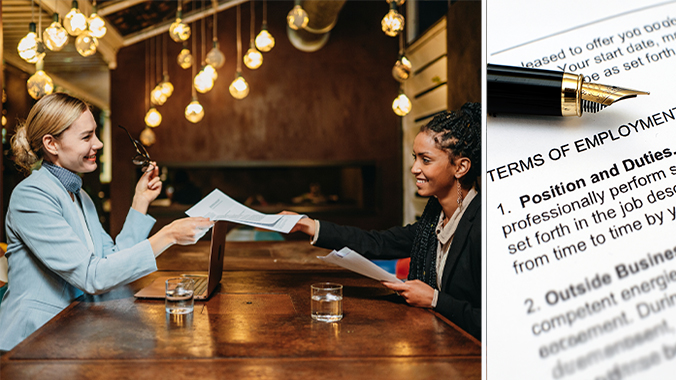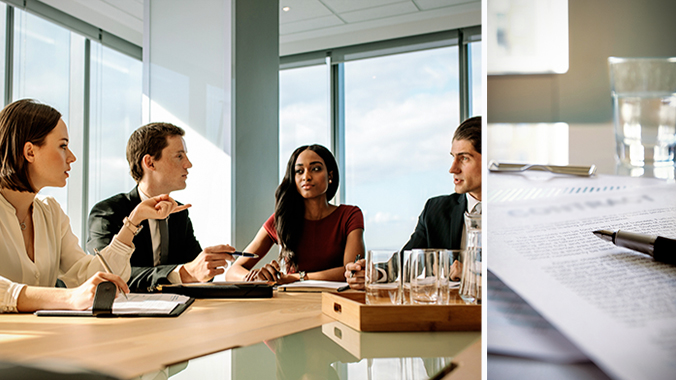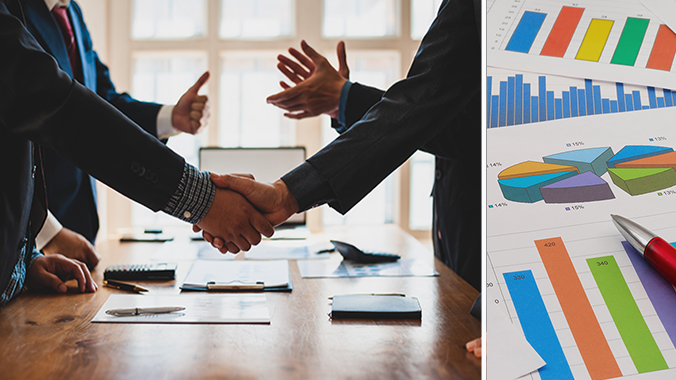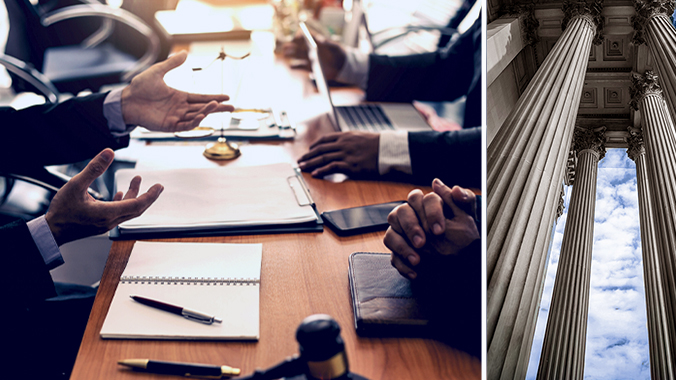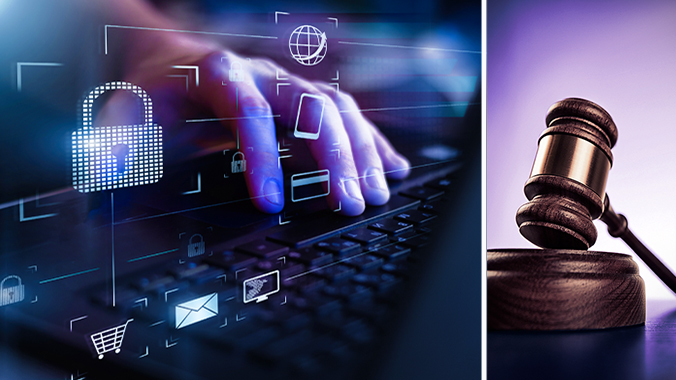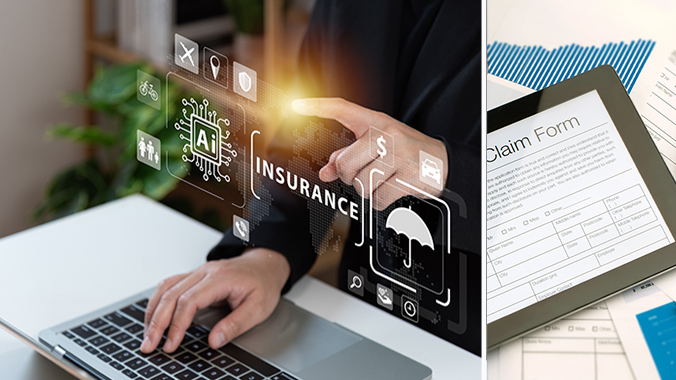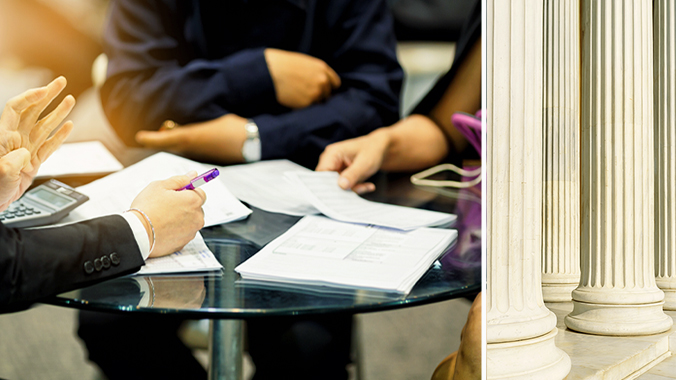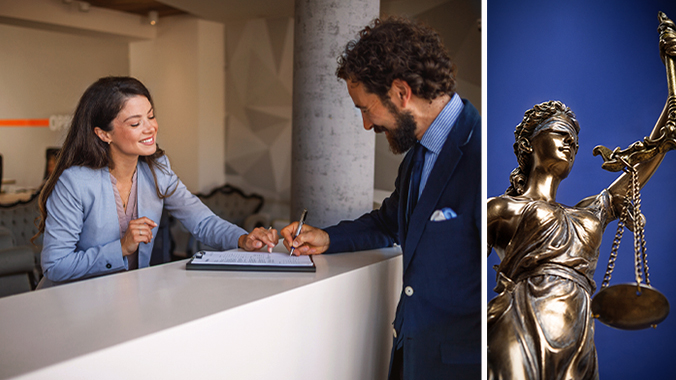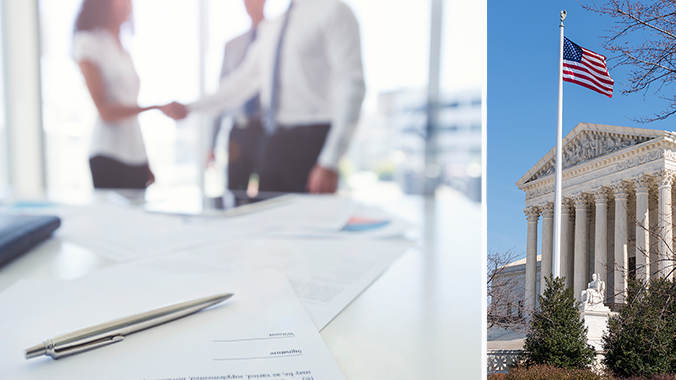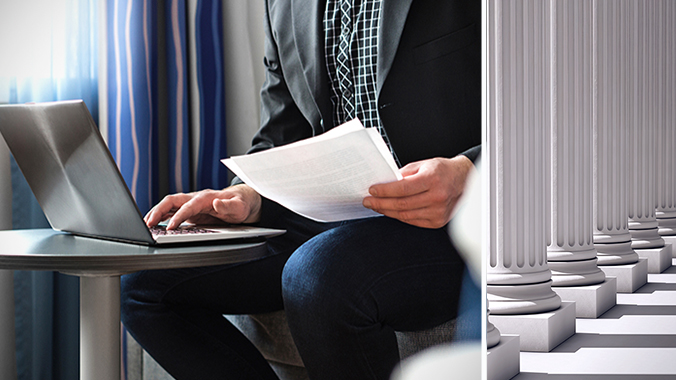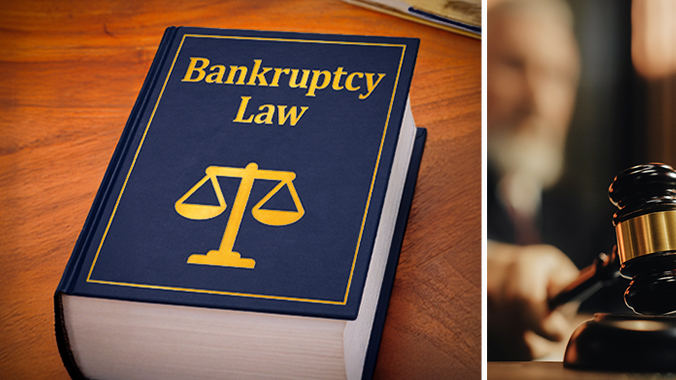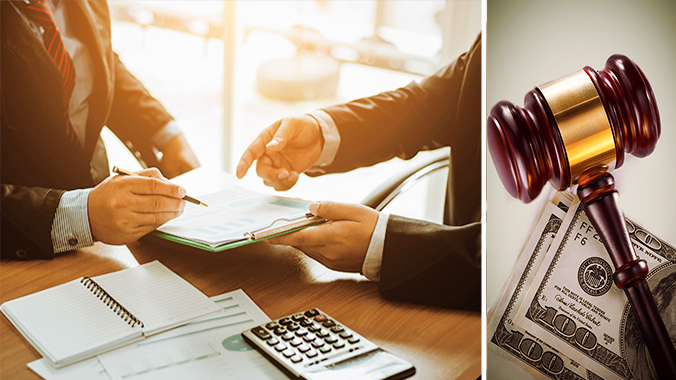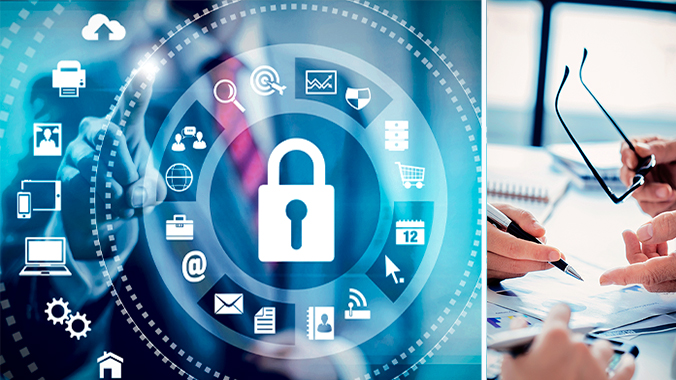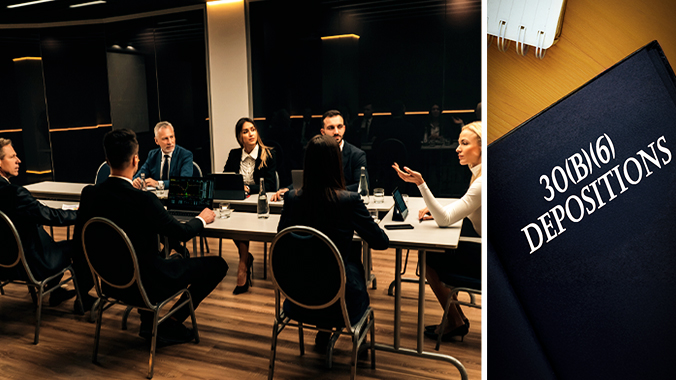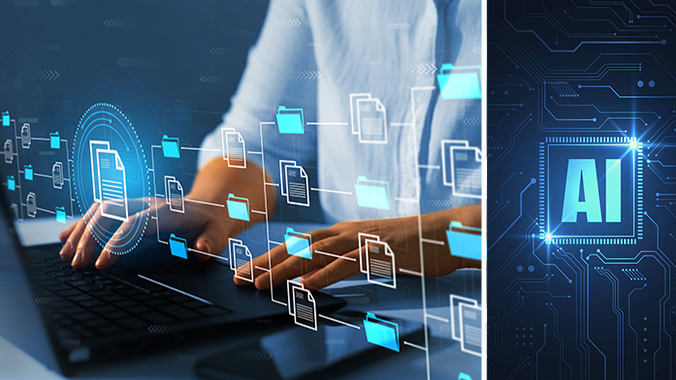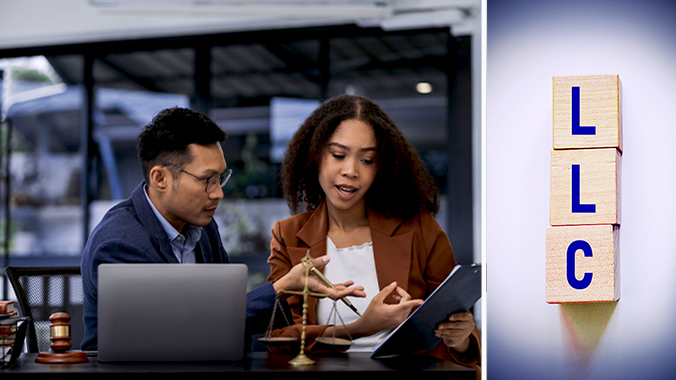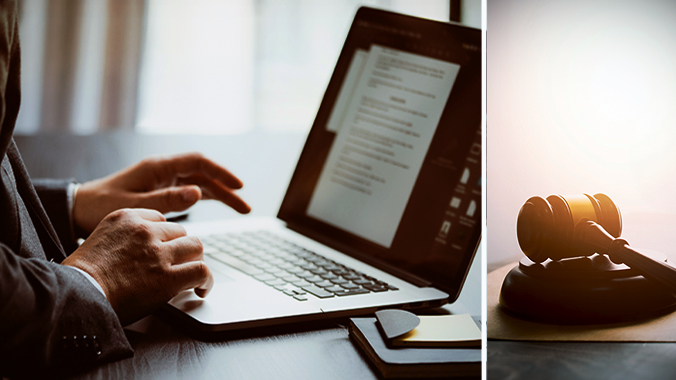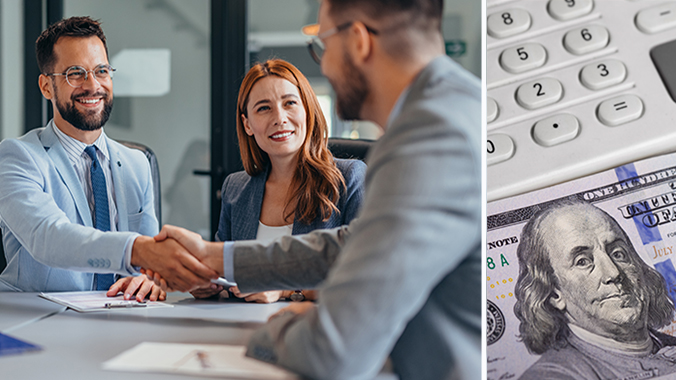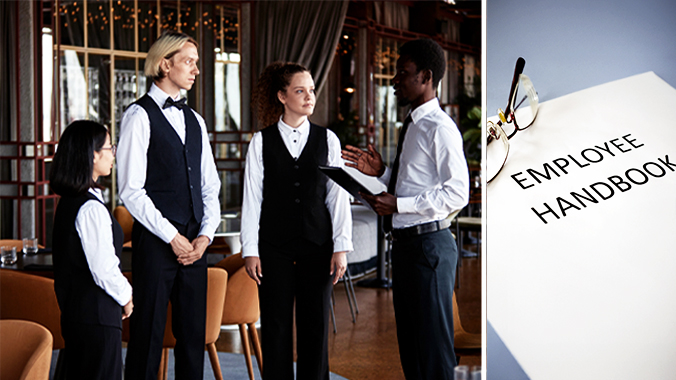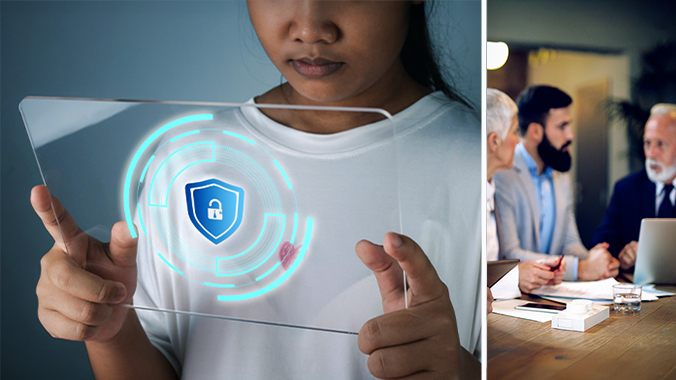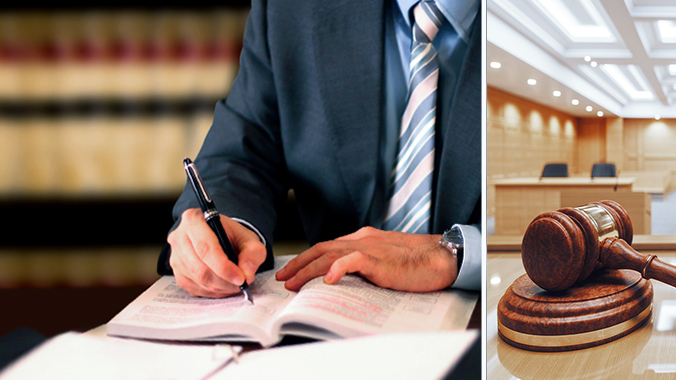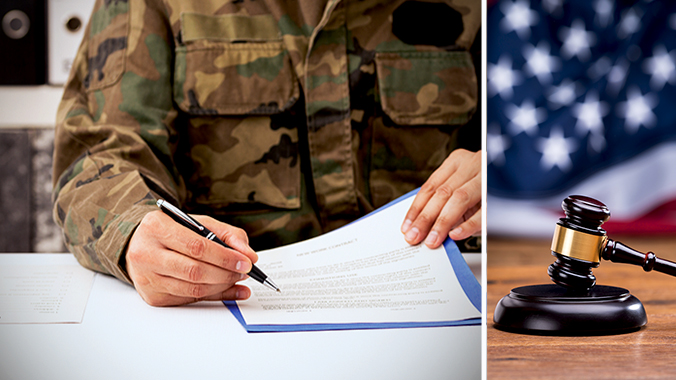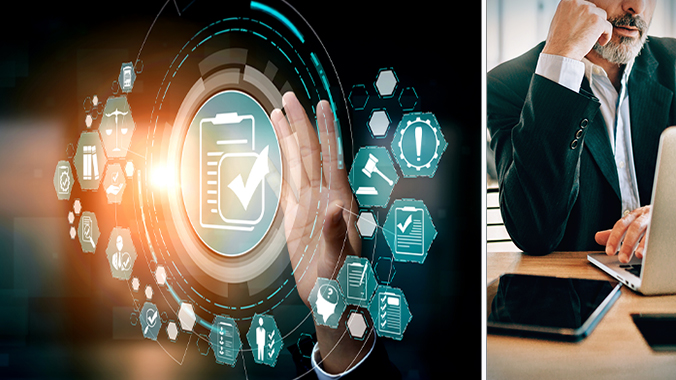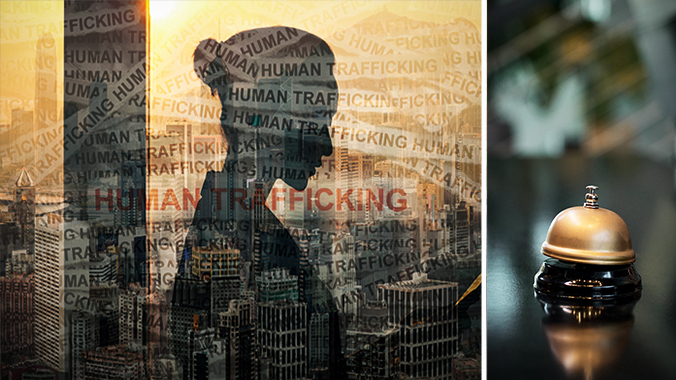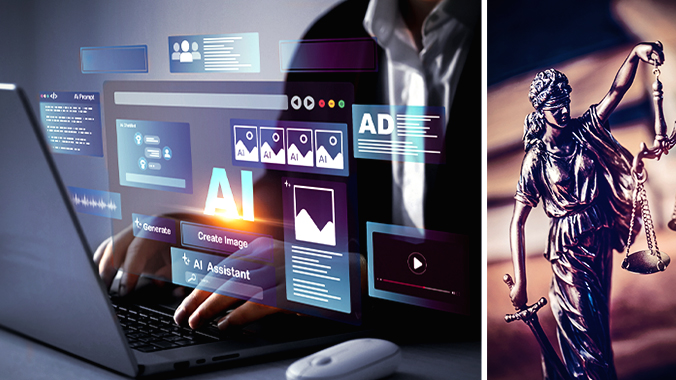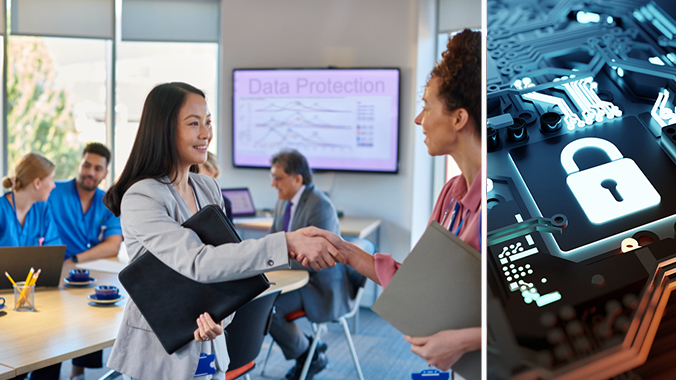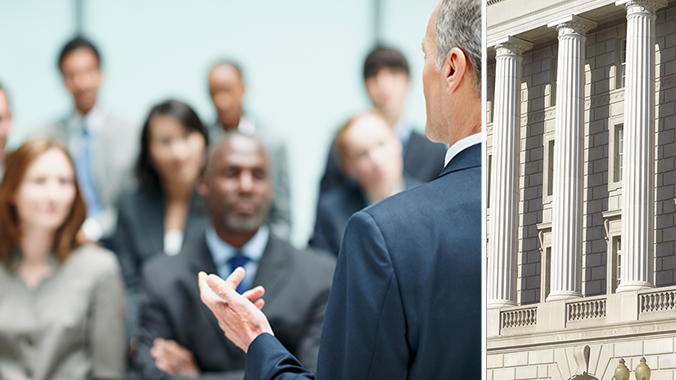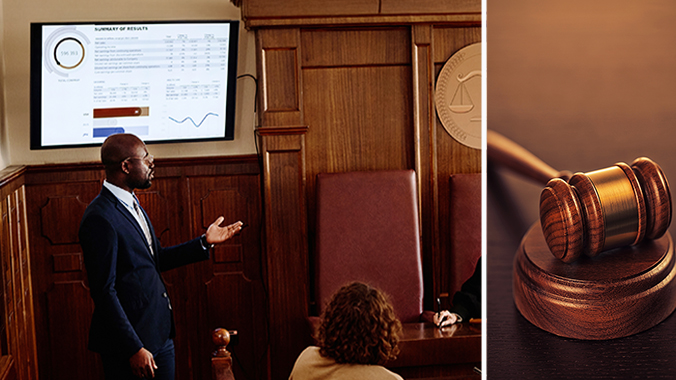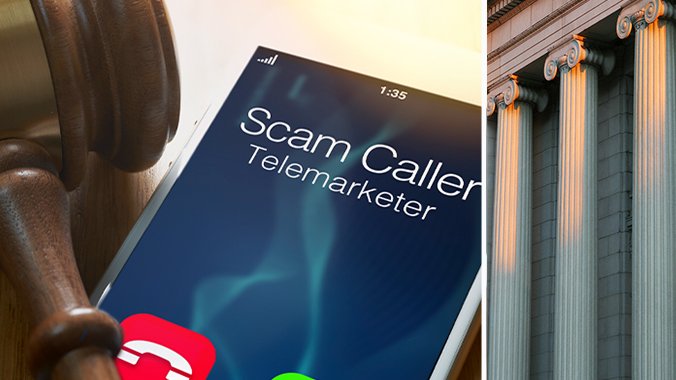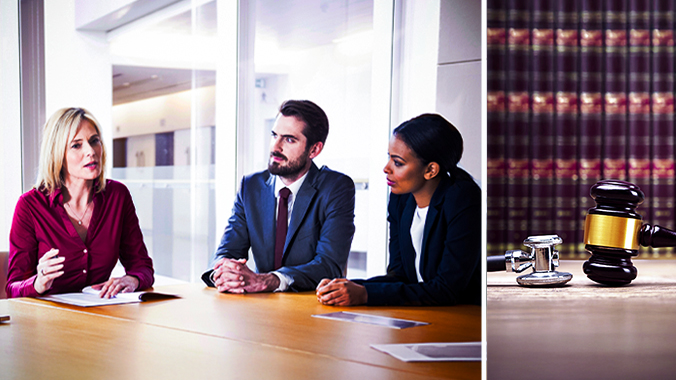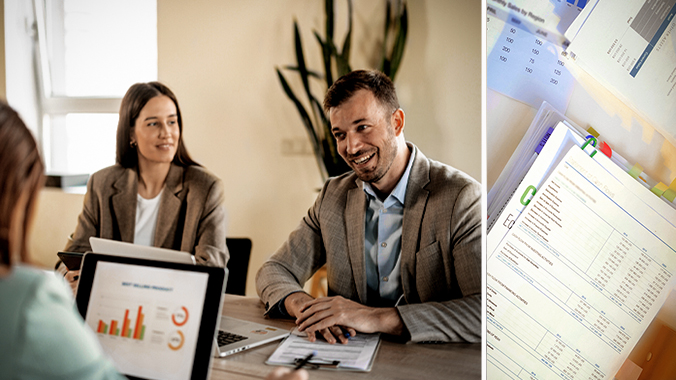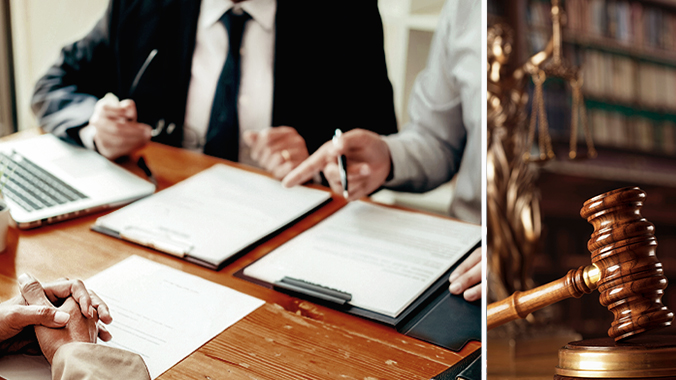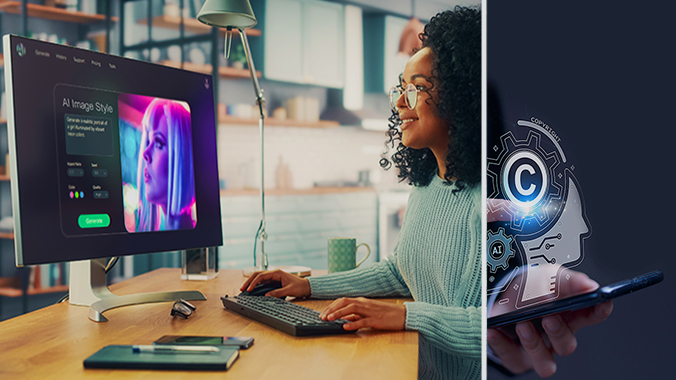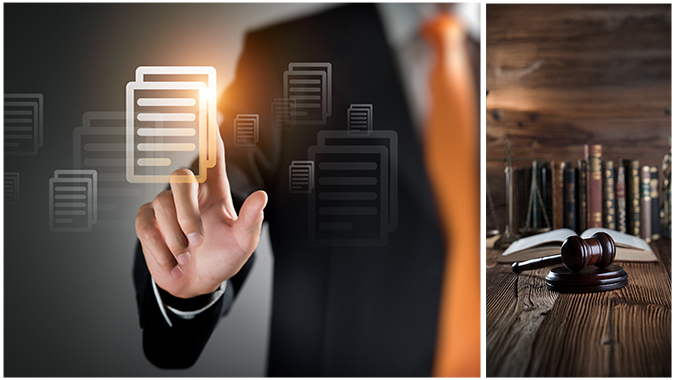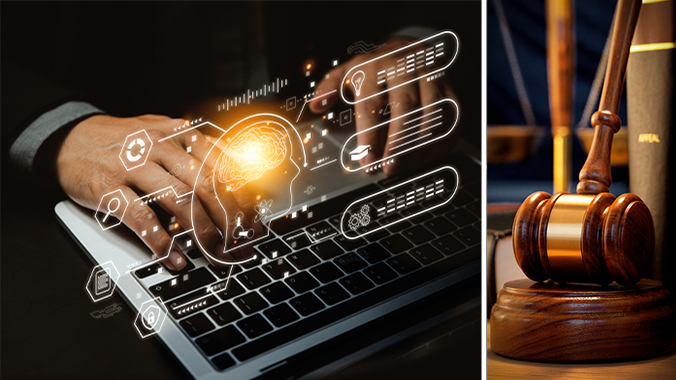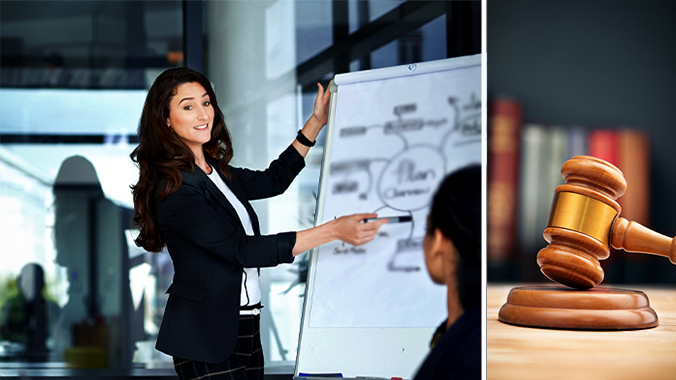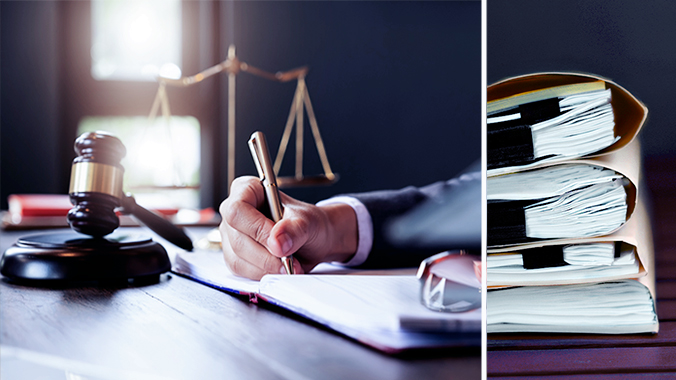Mobile Evidence Recovery Without the Device: No-Delay Tactics to Authenticate, Admit, and Secure Data from Cloud, Metadata, and Alternative Sources Before It’s Lost





3 hour CLE
Get this course, plus over 1,000+ live webinars.
Learn More
Program Summary
Session I – Digital Evidence Without Devices: Leveraging Service Providers and Cloud Access – Brett Burney
The world of eDiscovery has changed dramatically over the last 10-20 years and it’s nearly impossible to keep up. On the other hand, it’s absolutely critical to understand the modern tools and workflows to keep costs manageable and provide defensible instructions to clients. Some of the biggest challenges in today’s eDiscovery landscape involve collecting text messages and linked files (aka “modern attachments”) but then comes the formidable tasks of reviewing and producing these new forms of ESI. You need to know your options for relying on the expertise of service providers, as well as understanding the capabilities of cloud-based tools that offer additional functions over their legacy software ancestors. This session will walk you through everything you need to know on maintaining defensibility and compliance with all your discovery obligations.
Key topics to be discussed:
- Best practices for proficiently reviewing and producing ESI
- Practical insights into cost-effective ESI management strategies
- Helpful guidance for vendor selection and oversight
Session II – Beyond the Surface: Unlocking Metadata to Authenticate and Attribute Cloud-Based Evidence – Daniel B. Garrie and J-Michael Roberts
In an age where mobile devices and cloud services dominate communication and collaboration, metadata has emerged as a linchpin in digital evidence strategy. This session explores how litigators can leverage metadata not just for technical completeness, but to establish timelines, authenticate cloud-stored documents, verify authorship, and support evidentiary admissibility. Daniel Garrie and J-Michael Roberts will walk through real-world use cases and practical frameworks for metadata preservation, discovery drafting, and courtroom presentation, including how metadata exposes data manipulation and helps attribute content to specific individuals even when the original device is unavailable. The session will also examine evolving challenges tied to AI-generated content and metadata manipulation.
Key topics to be discussed:
- What metadata reveals: Authorship, timelines, geolocation, access history
- Common metadata production pitfalls (e.g., stripped formats, broken chains of custody)
- The impact of generative AI on metadata reliability and detection
- Real-world strategies for attribution in cloud-based or mobile ecosystems
Session III – What Comes After Discovery? How Providers Can Help Meet the Unique Admissibility Challenges AI-Based or Enhanced Evidence – Kenneth Rashbaum
Convincing a harried and impatient judge that electronic information is sufficiently reliable to be admitted into evidence is hard enough, even in 2025. Adding evidence created or enhanced by artificial intelligence (AI) can increase the challenge by an order of magnitude. Most trial lawyers don’t have the technical background to meet evidentiary foundation arguments, and those who do often don’t know how to phrase the arguments in non-jargon terms that a judge, and later, perhaps a jury, can understand. The solution can be found in the proponent’s greatest potential ally, the AI model provider. Providers’ business models center upon making the complex understandable, and with guidance from experienced trial counsel can assist in creating winning arguments for admissibility and, of equal importance, defeating the arguments to preclude such evidence.
Key topics to be discussed:
- Good fences make good neighbors: Drafting the service agreement with the provider so that the provider will provide training, support and assistance in dispute resolution
- A guide of the evidence foundation elements as they impact AI-created or enhanced evidence, in the absence of precedent
- Making or meeting Daubert or Frye challenges to AI evidence
- Constructing arguments for and against admissibility: Creating the narrative that overcomes, or leans into, fears of generative and predictive AI
Session IV – Beyond the Device: Unlocking Smartphone Evidence from Multiple Sources – Laurence D. Lieb
There are at least four distinct locations from which smartphone-based evidence can be recovered including the physical device itself, cloud backups, backups on computers, and social media accounts in the web. This session will cover what types of evidence one can recover from smartphones, the locations from which smartphone evidence can be recovered if the phone itself is no longer accessible, and open-source intelligence methods to identify phone carriers and social media profiles associated with opponents.
Key topics to be discussed:
- Smartphones are basically file cabinets
- Four distinct sources from which smartphone evidence can be recovered
- Leveraging agreed orders and subpoenas to acquire communication evidence
- Moving to the Offensive: Methods to collect evidence about one's opponent
This course is co-sponsored with myLawCLE.
Date / Time: February 24, 2026
- 1:00 pm – 4:30 pm Eastern
- 12:00 pm – 3:30 pm Central
- 11:00 am – 2:30 pm Mountain
- 10:00 am – 1:30 pm Pacific
![]() Closed-captioning available
Closed-captioning available
Speakers
 Brett Burney | Nextpoint
Brett Burney | Nextpoint
Brett Burney is the eLaw Evangelist at Nextpoint (www.nextpoint.com) where he helps educate lawyers and law firms on the duties and responsibilities associated with collecting, reviewing, and defensibly producing electronically stored information. Brett primarily helps law firms and corporate legal departments successfully navigate their e-discovery challenges, and he co-authored the eDiscovery For The Rest Of Us book (www.nextpoint.com/book) designed to help small- and mid-sized law firms understand the options available for their e-discovery needs. Brett also serves at the Vice President of eDiscovery Consulting at the Nextpoint Law Group.
In addition, Brett regularly teaches lawyers how to integrate Macs and iOS devices in their practice and coauthored the ABA-published book Macs in Law: The Definitive Guide for the Mac-Curious, Windows-Using Attorney. Brett also co-hosts the weekly In the News podcast (www.inthenewspodcast.com) with Jeff Richardson from www.iphonejd.com.
Brett served as the Chair of the 2015 ABA TECHSHOW Planning Board and currently Co-Chairs the 2026 ABA TECHSHOW Planning Board, is a Trustee for the EDRM 2.0 Project, and is a member of Working Group 1 of The Sedona Conference. Brett regularly speaks around the country to lawyers and legal groups on a wide variety of technology-related topics. You can contact him at [email protected].
LinkedIn Profile: https://www.linkedin.com/in/brettburney/
 Daniel Garrie | Law & Forensics LLC
Daniel Garrie | Law & Forensics LLC
Daniel B. Garrie, Esq. is the Founder and Managing Partner of Law & Forensics LLC, where he leads the firm’s cybersecurity, e-discovery and digital forensics teams. He has built Law & Forensics into one of the leading boutique firms in the industry, serving Fortune 100 companies, global financial institutions, and government agencies in high-stakes cybersecurity and forensic matters. Mr. Garrie also serves as a neutral with JAMS, where he acts as an arbitrator, mediator, and e-discovery Special Master in complex litigation. He is an Adjunct Professor at Harvard University, where he teaches Information Security, Computer Forensics, and Cybersecurity Law. A technologist and attorney with more than 20 years of experience, he holds a B.A. and M.A. in Computer Science from Brandeis University and a J.D. from Rutgers Law School.
 J-Michael Roberts | Law & Forensics LLC
J-Michael Roberts | Law & Forensics LLC
J-Michael Roberts serves as a Senior Director at Law & Forensics LLC and heads the firm’s New York office. He is a highly experienced forensic examiner, expert consultant, and testifying expert across diverse legal forums, including U.S. District Courts, state courts, and international arbitrations. With expertise in digital forensics, incident response, malware reverse engineering, mobile and server/network investigations. Mr. Roberts has led high-profile cyber investigations involving state-sponsored breaches, digital fraud, insider trading, and complex incident response scenarios. He previously worked at Stroz Friedberg, where he developed portable forensic networks for onsite analysis and effectively managed forensic response teams. His contributions include creating the VirusShare malware repository and the Black Harrier Linux Distribution, and he holds certifications such as CCE from ISFCE and GREM from SANS, reflecting his deep digital forensics and cybersecurity acumen.
 Laurence D. Lieb | Tyger Forensics
Laurence D. Lieb | Tyger Forensics
Larry Lieb has been working in the field of computer forensics and electronic discovery since 1998 and has been qualified as a subject matter expert in multiple Federal and State courts.
Larry is the CEO of Tyger Forensics, a computer forensic and electronic discovery practice which is known for the ability to acquire and recover electronic evidence which other competing practices could not recover.
 Kenneth N. Rashbaum | Barton LLP
Kenneth N. Rashbaum | Barton LLP
Kenneth N. Rashbaum advises multinational corporations, financial services, life sciences organizations, and other businesses on artificial intelligence (AI) and machine learning, privacy, cybersecurity, e-discovery, electronic evidence for litigation and regulatory proceedings, and information management. He counsels on information governance, compliance with U.S. and non-U.S. laws, and the intersection of e-commerce with legal and regulatory liabilities, including breach response. He has extensive experience preparing and negotiating technology contracts, such as service level and license agreements, addressing compliance with data protection and privacy laws worldwide.
In AI matters, Ken drafts acquisition, deployment, and use policies; prepares template data sharing and service agreements; reviews and negotiates AI model agreements; advises on cyber risk and technology E&O insurance coverage; revises privacy notices for AI data use; and develops corporate training on evaluating, deploying, and monitoring AI models. His technology law course at Fordham Law School covers these topics as well as U.S. state and non-U.S. laws, including the EU AI Act, and admissibility of AI-generated evidence.
Ken assists clients with privacy, cyber liability, and technology E&O insurance applications, including required information controls. He leads information security and breach response investigations, prepares social media compliance policies, and represents technology and life sciences organizations in federal and state investigations, audits, and litigation.
A nationally recognized healthcare privacy expert, Ken advises on compliance with federal, state, and judicial standards for protected health information. He has served as HIPAA and privacy counsel to hospital systems, health plans, physicians’ groups, cloud providers, and app developers; guided academic hospitals on security and privacy controls for electronic health records; and counseled on risk management in patient data access, use, and disclosure.
In 2019, Ken was a special consultant to the New Jersey Assembly on a proposed comprehensive privacy and cybersecurity law and testified before the Homeland Security and State Preparedness Committee.
Ken is an Adjunct Professor at Fordham University School of Law and formerly taught at Hofstra University School of Law (2013–2015). Previously, he was a senior litigation partner at Sedgwick LLP, where he founded the E-Discovery, Compliance and Data Management, and HIPAA Practice Groups.
Agenda
Session I – Digital Evidence Without Devices: Leveraging Service Providers and Cloud Access | 1:00pm – 2:00pm
- Best practices for proficiently reviewing and producing ESI
- Practical insights into cost-effective ESI management strategies
- Helpful guidance for vendor selection and oversight
Break | 2:00pm – 2:10pm
Session II – Beyond the Surface: Unlocking Metadata to Authenticate and Attribute Cloud-Based Evidence | 2:10pm – 2:55pm
- What metadata reveals: Authorship, timelines, geolocation, access history
- Common metadata production pitfalls (e.g., stripped formats, broken chains of custody)
- The impact of generative AI on metadata reliability and detection
- Real-world strategies for attribution in cloud-based or mobile ecosystems
Break | 2:55pm – 3:05pm
Session III – What Comes After Discovery? How Providers Can Help Meet the Unique Admissibility Challenges AI-Based or Enhanced Evidence | 3:05pm – 3:50pm
- Good fences make good neighbors: Drafting the service agreement with the provider so that the provider will provide training, support and assistance in dispute resolution
- A guide of the evidence foundation elements as they impact AI-created or enhanced evidence, in the absence of precedent
- Making or meeting Daubert or Frye challenges to AI evidence
- Constructing arguments for and against admissibility: Creating the narrative that overcomes, or leans into, fears of generative and predictive AI
Break | 3:50pm – 4:00pm
Session IV – Beyond the Device: Unlocking Smartphone Evidence from Multiple Sources | 4:00pm – 4:30pm
- Smartphones are basically file cabinets
- Four distinct sources from which smartphone evidence can be recovered
- Leveraging agreed orders and subpoenas to acquire communication evidence
- Moving to the Offensive: Methods to collect evidence about one’s opponent
Preview
More CLE Webinars
Trending CLE Webinars
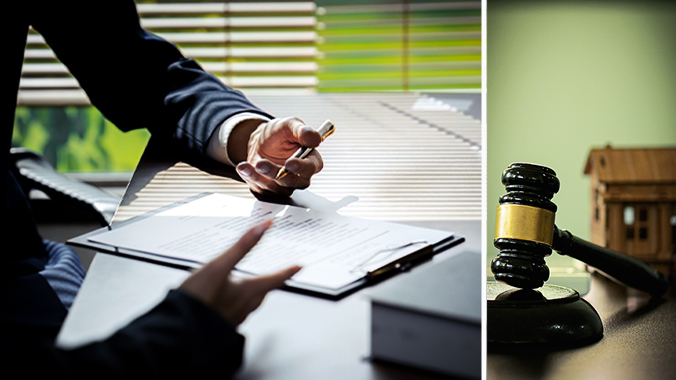
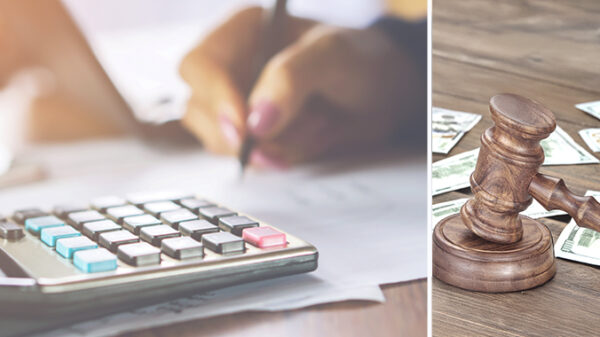
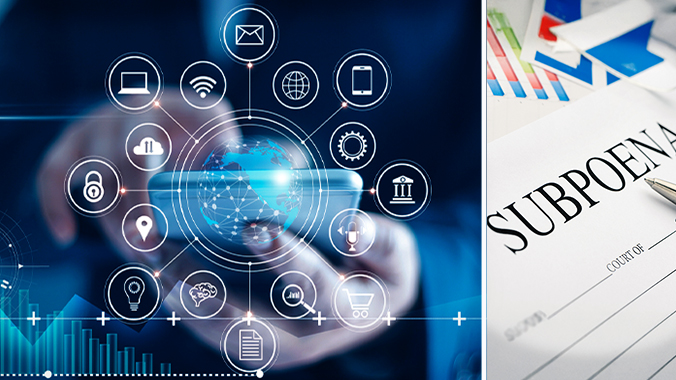
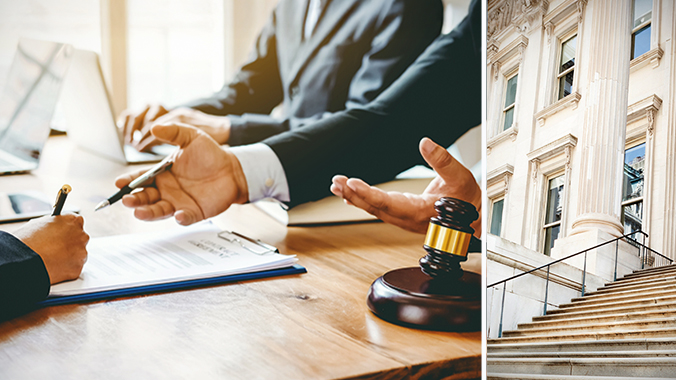


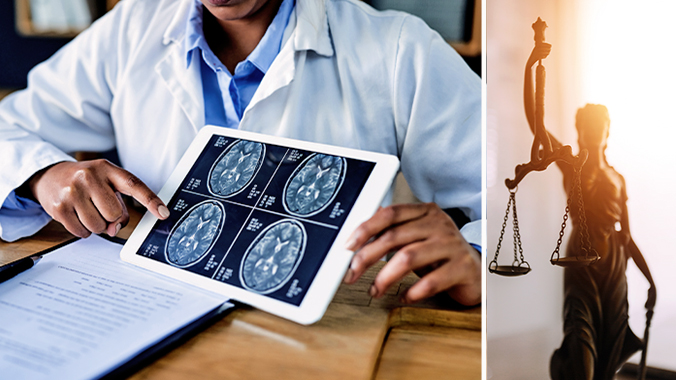
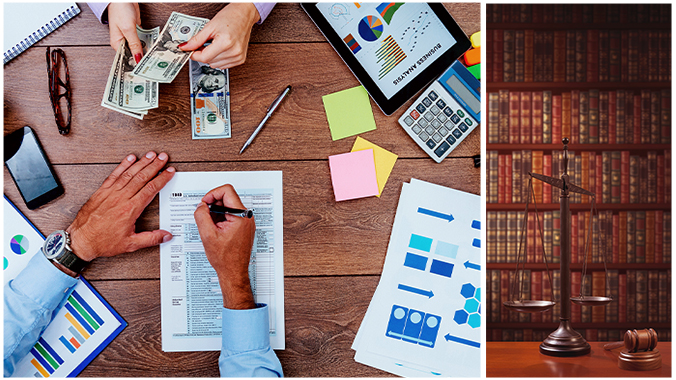
Upcoming CLE Webinars
